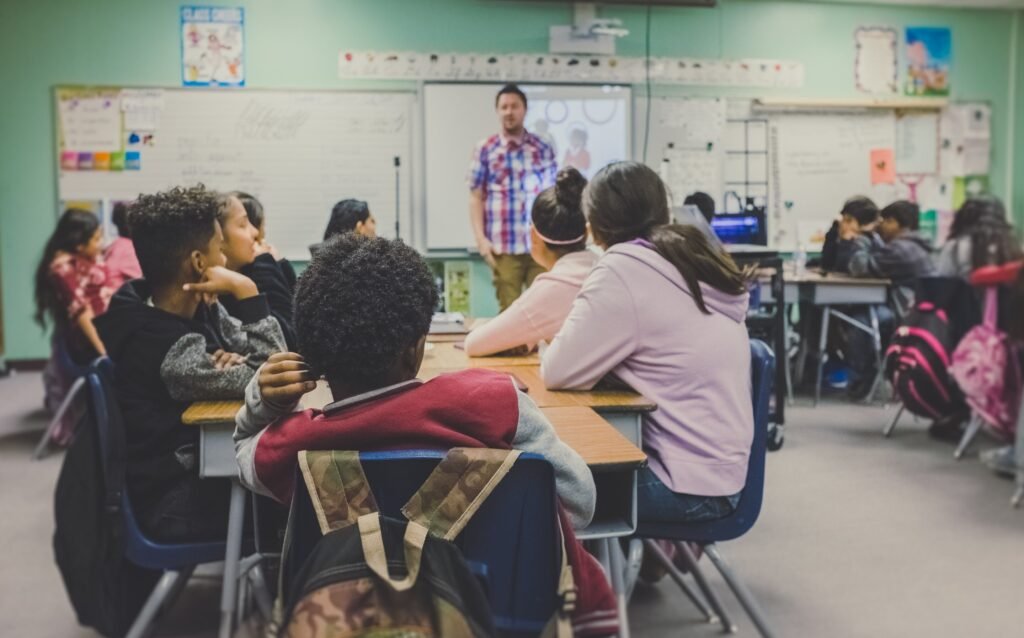Sex education is a crucial aspect of a young person’s development, yet in many parts of the world, it is lacking in comprehensiveness. In England, a recent study has shed light on the gaps in sex and reproductive health education among students. The focus of the curriculum is primarily on pregnancy prevention, with limited attention given to other important reproductive health topics such as polycystic ovary syndrome (PCOS), endometriosis, fertility, and menopause.
A survey of 931 students aged 16-18 revealed that students were missing key information about reproductive health. Despite guidelines stating the importance of teaching students about fertility and reproductive health, many students lacked knowledge on these topics. For example, half of the students did not know when women are most fertile during the menstrual cycle, and only a small percentage had been taught about conditions like endometriosis and PCOS.
Interestingly, the study found that students were actively seeking out information on reproductive health topics outside of school. However, they often turned to social media and the internet, where misinformation can be prevalent. This highlights the importance of providing accurate and comprehensive education within schools.
Students expressed a desire for a more inclusive and comprehensive curriculum that covers a wider range of topics, including miscarriage, abortion, and how to access sexual and reproductive health services. They also emphasized the need for a more positive and non-judgmental approach to sex education, focusing on sexual well-being rather than fear-based teaching.
In response to these findings, the International Reproductive Health Education Collaboration has developed evidence-based educational resources to enhance reproductive health education in schools. These resources aim to provide teachers, health professionals, and the public with accurate information on reproductive health.
The Department of Education in England has proposed updates to the Relationships and Sex Education (RSE) curriculum, including the addition of topics like menstrual and gynecological health. These changes would be a significant step forward in improving reproductive health education in schools.
It is essential for schools to prioritize reproductive health education and engage with students to address their needs and concerns. By providing comprehensive and accessible information, schools can empower students to make informed decisions about their reproductive health throughout their lives.
This article was republished from The Conversation under a Creative Commons license, highlighting the importance of addressing the gaps in sex and reproductive health education among teens in England.


